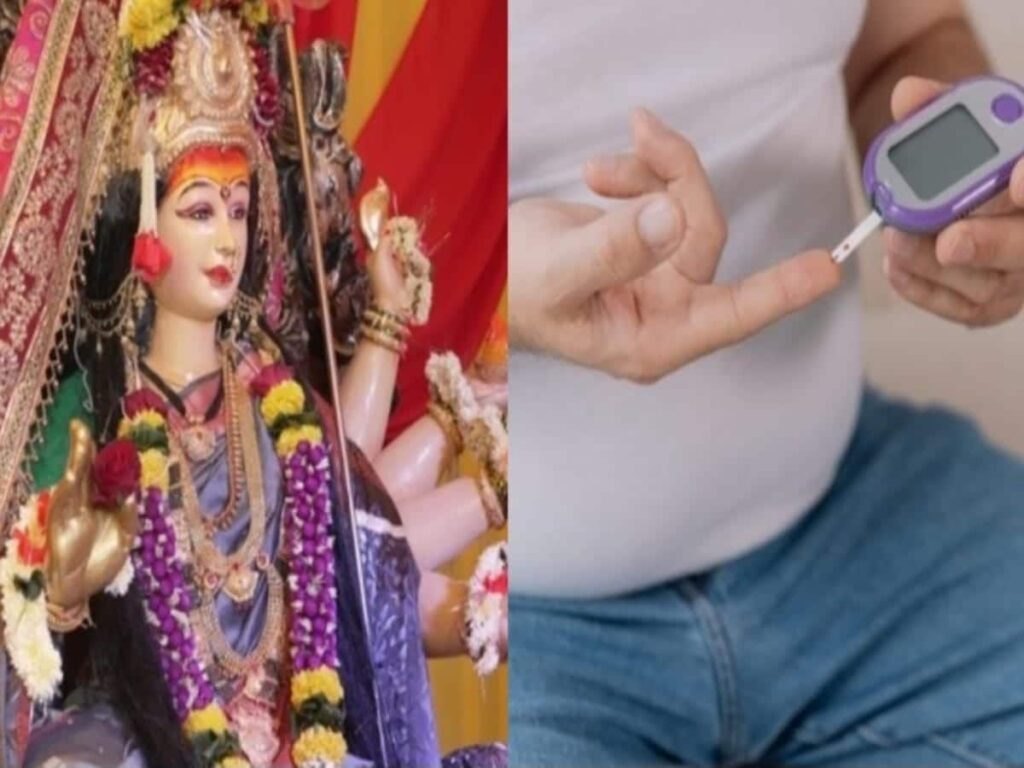Fasting during religious or cultural festivals can be a significant part of many people’s lives, including those with diabetes. The festival of Navratri, dedicated to the worship of the goddess Durga, involves a period of fasting that may pose challenges for diabetic individuals. However, with proper planning and knowledge, it is possible to participate in the celebrations while managing blood sugar levels effectively. In this article, we will explore essential tips and dietary recommendations for diabetics observing Navratri fasting.
Understanding Diabetes Management during Navratri
Managing diabetes effectively during fasting involves keeping blood sugar levels stable while still enjoying the spiritual and cultural aspects of the festival. Here are some crucial factors to consider:
Consult Your Healthcare Provider
Before starting any fasting regimen, it is important for diabetics to consult their healthcare providers. A personalized plan can help avoid fluctuations in blood glucose levels and ensure that medication schedules are maintained.
Choose Right Foods for Fasting
While fasting, it’s essential to choose foods that are low in glycemic index (GI) and high in fiber. Below is a table illustrating recommended foods during Navratri for diabetics:
| Food Item | Benefits | Glycemic Index |
|---|---|---|
| Sabudana (Tapioca Pearls) | Provides energy and is gluten-free. | 67 (moderate) |
| Rajgira (Amaranth) | High in protein and helps maintain satiety. | 50 (low) |
| Buckwheat (Kuttu) | Rich in fiber; helps in blood sugar control. | 54 (low) |
| Fruits (like apples and berries) | Provides vitamins and antioxidants | Variable (generally low) |
| Vegetables (like bottle gourd or cucumber) | High in fiber; low calorie. | Low |
Portion Control and Meal Timing
Diabetics should practice portion control and avoid overeating during meals. It may also help to eat smaller, more frequent meals, particularly if the fast extends for a day or longer. Maintaining consistent meal timing can assist in regulating blood sugar levels.
Hydration is Key
Staying hydrated is essential, especially during fasting periods. Diabetics should drink plenty of water and avoid sugary drinks or excess caffeine. Herbal teas and infused waters can be excellent alternatives to keep fluids up without spiking blood sugar.
Monitoring Blood Sugar Levels
It is crucial for diabetics to monitor blood sugar levels regularly throughout fasting. Keeping track of spikes or drops can help in making necessary adjustments to diet or medication.
Conclusion
Fasting during Navratri can be a fulfilling experience for diabetic individuals if approached with caution and planning. By consulting healthcare professionals, selecting appropriate foods, managing portion sizes, and staying hydrated, one can enjoy the festivities while keeping blood sugar levels in check. Remember that maintaining balance is key when celebrating and observing traditions, especially with diabetes in mind.
